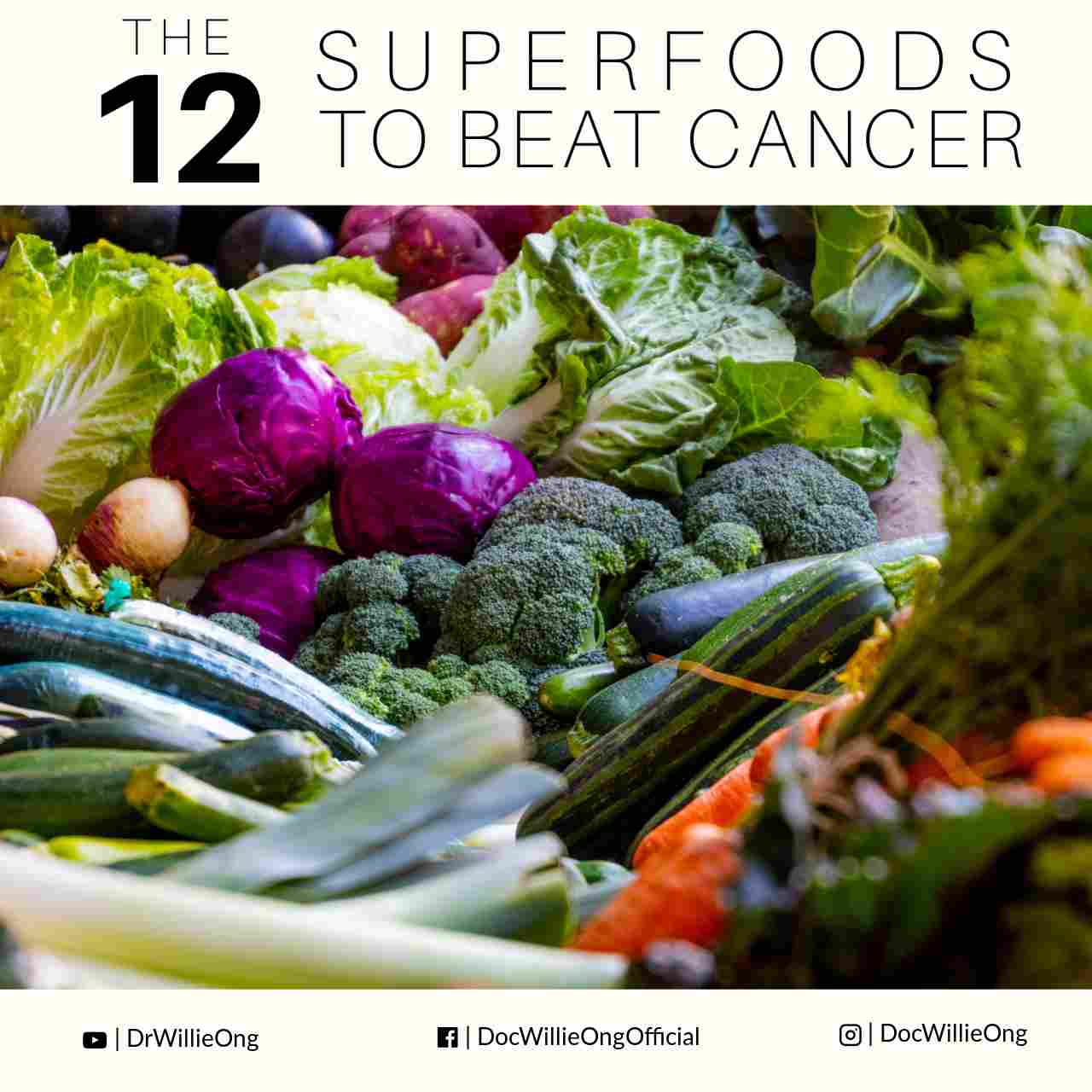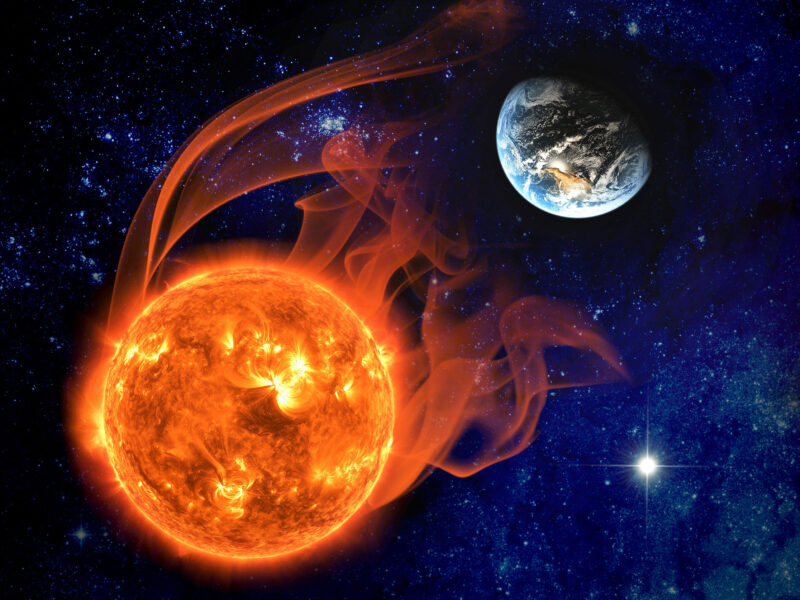Dr. Willie T. Ong (Internist-Cardiologist)
Are there foods that can prevent or maybe even cure cancer? If you ask Dr. David Servan-Schreiber, co-founder of the Center of Integrative Medicine at the University of Pittsburgh School of Medicine, the answer is a definitive “yes.”
Dr. David Servan-Schreiber has three unique credentials. First he’s both a medical doctor (MD) and a PhD. Second, he has written an international bestselling book, Anticancer: A New Way of Life. Third, Dr. David is himself suffering from cancer, and beating it.
This unusual combination of life events has made Dr. David rethink his medical education and search long and hard to find himself a cure for cancer. After arduous research, Dr. David lists the following top anticancer foods:
Green tea
Green tea contains catechins, which can help retard tumor growth. It is also a powerful antioxidant that helps hasten the death of cancer cells. According to Dr. David, green tea should be steeped for at least 5 to 8 minutes to release the catechins. Drink two cups of green tea a day and drink within two hours of preparation. Choose the non-caffeinated variety to lessen any side effects, like heart palpitation.
Curry and turmeric
Turmeric and yellow curry are potent food ingredients to fight inflammation. In the laboratory, these substances enhance the effect of chemotherapy and reduce tumor growth.
Ginger
Ginger root has long been used in Asia to treat nausea, vomiting, cough, colds, headache, stomach ache and arthritis. Its pungent odor comes from gingerols and shogaols, which are likely responsible for its anti-nausea and anti-vomiting effects. Aside from these benefits, ginger helps reduce inflammation and helps retard the creation of new blood vessels used by cancer cells.
Cabbages
Cabbages, like bok choy, broccoli, cauliflower and brussels sprouts, contain sulforaphane and indole-3-carbinols, which are potent anticancer substances. These molecules can prevent precancerous cells from turning into real cancer cells. To prepare cabbage, steam briefly or stir-fry quickly with a little olive oil. Don’t boil the vegetables or you’ll destroy its anticancer properties.
Garlic, onions and leeks
When tested in the laboratory, garlic and leeks were the top inhibitors of cancer cells. Garlic and leeks contain ally sulfides which promote cell death in colon, breast, lung and prostate cancers. To best release its anticancer ingredients, the garlic clove should be crushed and gently fried with a little oil. Garlic can be eaten raw, and added to salads.
Carotenoid-rich vegetable and fruits
Yellow-orange colored fruits and vegetables contain vitamin A and lycopene, which may prevent cancer. These healthy foods include carrots, sweet potatoes, squash, and tomatoes. In a six-year study on breast cancer patients, researchers find that those patients who eat more foods rich in carotenoids lived longer compared to those who eat less.
Tomatoes and tomato sauce
A study shows that eating tomato sauce (rich in lycopene) leads to longer life for men with prostate cancer. In order to release its lycopene, tomatoes should be cooked with a little olive oil. Ideally, we should consume at least ten tablespoons of tomato sauce a week or approximately 150 ml a week. So remember to choose red spaghetti sauce, just skip the meatballs.
Soy
Soy products, like tofu and miso soup, contain genistein, a substance that blocks the stimulation of cancer cells by the body’s estrogen and testosterone hormones. In a study of Asian women, those who consume more soy since their teen years have fewer incidence of breast cancer. Instead of drinking regular milk, you can try soy milk. You may take tofu and vegemeat as an alternative source of protein in order to reduce your meat intake.
Shitake mushrooms
Shitake mushrooms and other mushrooms contain polysaccharides and lentinian, which increase the activity of our immune cells. Our protective cells help kill off any cancer cell that wants to replicate and invade the body’s organs. The stronger your immune system, the lesser are your chances of getting sick. In Japan, cancer patients are encouraged to eat mushrooms to complement the effects of chemotherapy.
Oily fish
The Omega-3’s in oily fishes (like sardines, salmon and mackerel) help reduce inflammation and may retard cancer cell growth. Omega-3’s also reduce the spread of cancer. Some studies show that the more fish you consume, the lesser are your chances of getting some types of cancer.
Probiotics and yogurt
Our intestines contain good bacteria, called lactobacillus, to help in digestion and bowel movement. Probiotics, like yogurt, help increase these friendly bacteria and may help inhibit the growth of colon cancer cells.
Berries
Strawberries, blueberries and cranberries contain ellagic acid and polyphenols. These substances help eliminate cancer substances in the body. Fresh berries are ideal but frozen berries have similar beneficial effects, too.
To obtain the greatest benefit from these superfoods, try adding more of them to your regular diet. At the same time, reduce your intake of “unhealthy” and possibly cancer-causing foods, especially the traditional Western fast-food diet of hamburgers, hotdogs, preserved meats and steaks.
The Anticancer Mind
Aside from listing the anticancer foods, Dr. David talks about the anticancer mindset. He believes that one’s state of mind has an effect on whether we develop cancer or not.
For example, people who feel helpless, hopeless and desperate are more prone to develop cancer. Persistent anger, especially hidden negative emotions, may lead to illness. On the other hand, acceptance, openness, facing one’s difficulties and support from family and friends may help prevent and even cure cancer. These positive emotions, along with meditation, yoga and prayer, can activate one’s immune system and help the body fight off the cancer cells.
Indeed such an idea was considered medical heresy decades ago, but now, more and more experts are beginning to see the mind-body connection. To learn more about these exciting findings, check out Dr. David Servan-Schreiber’s book, Anticancer: A New Way of Life. This groundbreaking book (available locally) may change the way you think.



